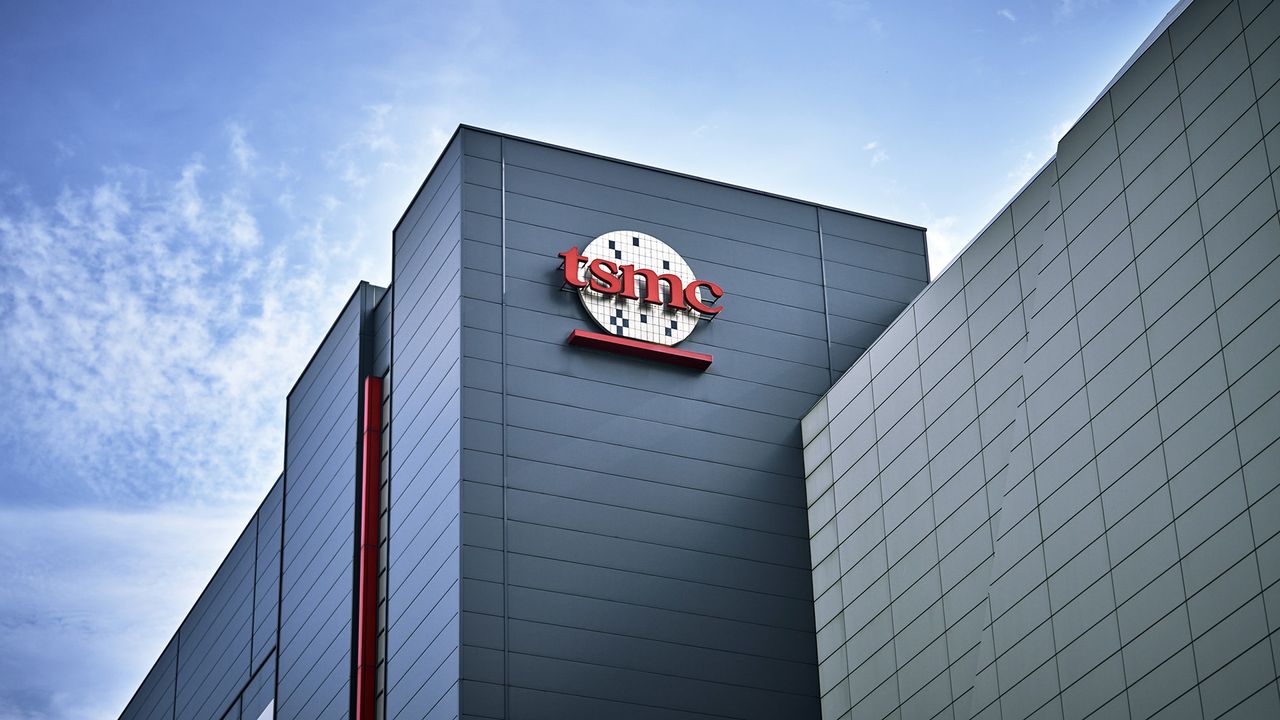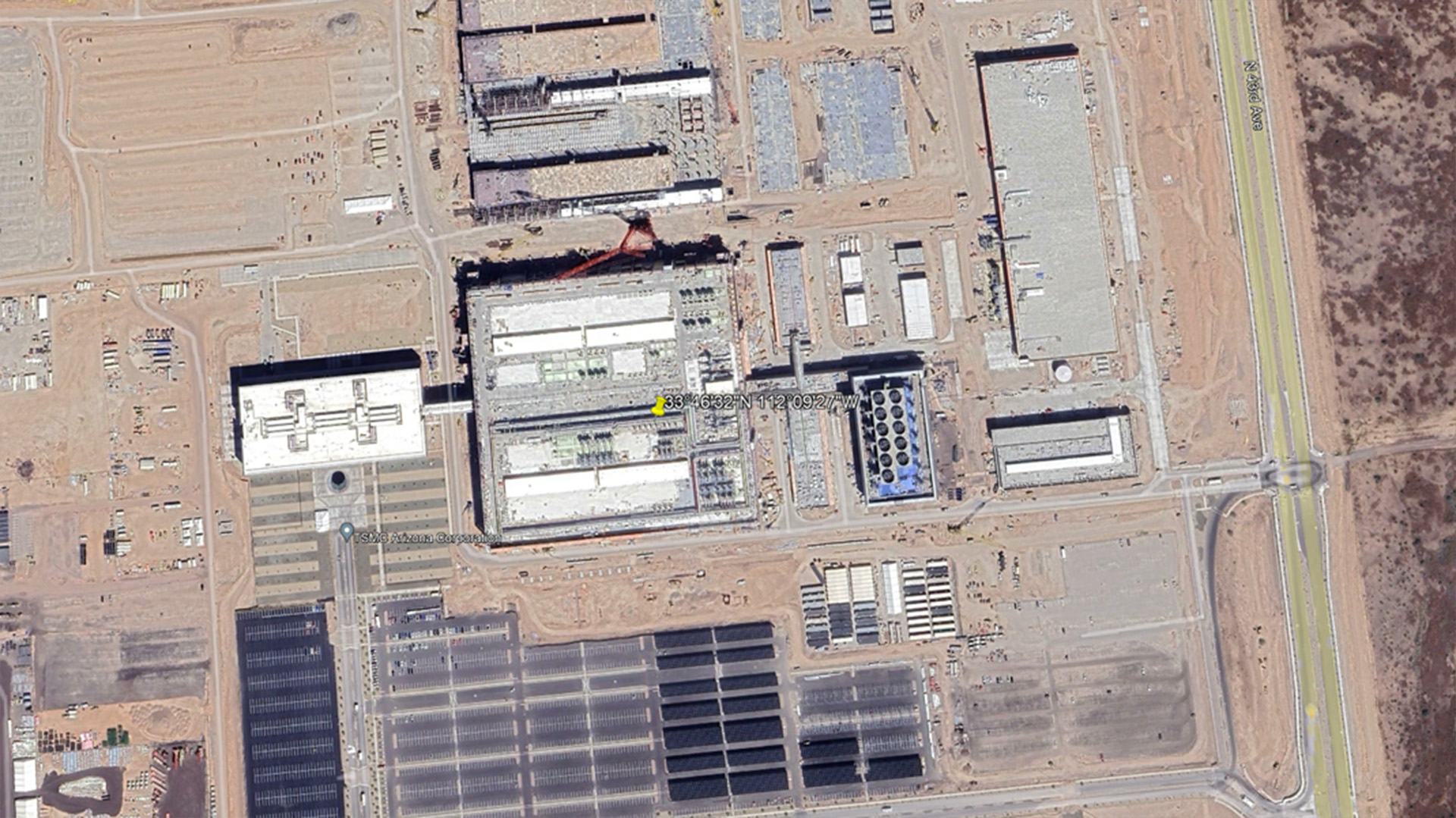
TSMC has enjoyed fast-track status for US chip manufacturing equipment exports to its plant in Nanjing, China—but soon, no more. From December 31st, TSMC's validated end user status privilege will end, and those chipmaking tools will require US export licenses.
As not just one of, but THE biggest chip foundry in the world, TSMC has previously been exempt from many of the Trump administration's far-reaching export controls. Currently, TSMC is evaluating future courses of action and maintaining communication with the US government.
It told Reuters that it was still "committed to ensuring the uninterrupted operations of TSMC Nanjing," though an end to these privileges doesn't necessarily spell disaster.
The Nanjing plant itself doesn't make TSMC's most advanced semiconductors, instead being primarily responsible for 16-nanometre chips. Bottom line, the Nanjing plant is only responsible for about 2.4% of TSMC's overall revenue. For those unaware, TSMC is a massive operation with 70% foundry market share and that raked in $30.24 billion last quarter alone, so a ding to 2.4% of revenue may barely graduate beyond a headache for the chip maker.
Most of its cutting-edge operation is based in Taiwan, along with its HQ, though its US fabs are aiming to follow closely behind with some technology. Most gaming tech is made on more advanced process nodes, but there is still high demand for older, cheaper processes.

This latest TSMC development follows news yesterday that Samsung and SK Hynix will also lose their validated end user status. Reuters reports that both Samsung and SK Hynix have seen shares sink as a result, though, following on from my earlier point, TSMC has remained relatively buoyant in comparison.
Still, as Samsung and SK Hynix are two of the biggest manufacturers of DRAM and NAND flash memory chips, that means consumers will more than likely see hardware prices tick upwards in the all too near future.
Perhaps also necessary context here is that back in June, the US Department of Commerce announced that Micron, "the only US-based manufacturer of advanced memory chips," plans to invest $200 billion in order to "expand American memory chip production." Then, in August, president Trump announced 100% tariffs on chips and semiconductors unless manufacturers were already actively building facilities within the United States.
This wasn't even the most recent development in the sweeping Trump-tariffs saga, with both a court in May and an appeals court in August leaving them in place despite finding them unconstitutional. Long story short, this is very much still a developing situation, and amid such choppy waters, manufacturers will pass off the cost of doing business to consumers, and hardware prices will continue to climb.







